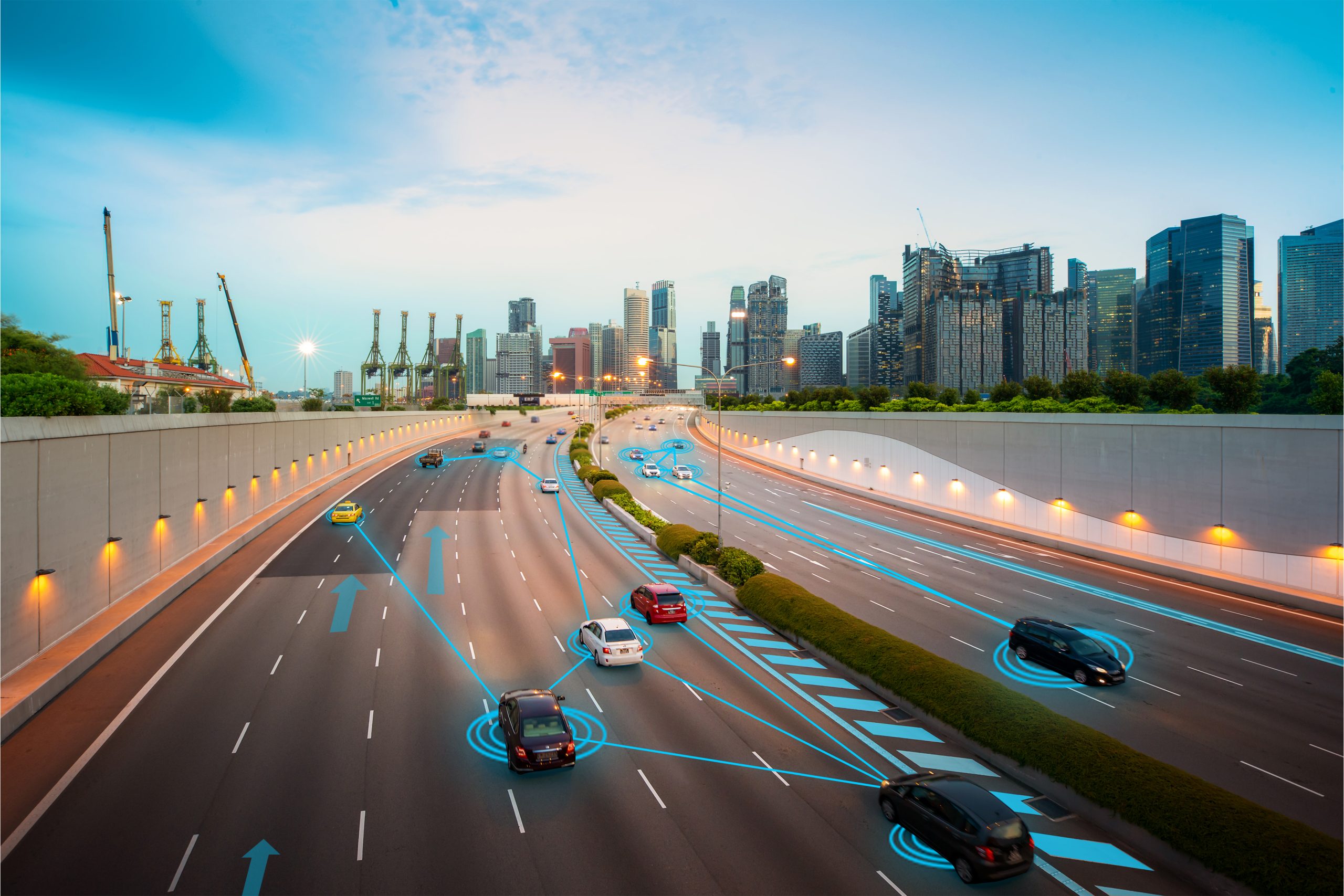
Introduction:
The concept of smart highways is reshaping how we think about road infrastructure. From traffic management to real-time data exchange, smart technologies are making roads safer, more efficient, and connected. This blog explores how India is integrating smart highway technologies into its infrastructure and what the future holds for intelligent road networks.
Key Points:
Connected Road Networks and IoT
Vehicle-to-Infrastructure (V2I) communication and IoT sensors embedded in roads enable vehicles and infrastructure to exchange real-time data. This improves traffic flow, reduces congestion, and enhances driver safety.
AI-Powered Traffic Management Systems
Artificial intelligence is revolutionizing traffic management by analyzing real-time data from traffic cameras, sensors, and GPS to optimize signal timings, adjust toll rates, and manage lane usage, ensuring smoother traffic flow.
Autonomous Vehicles and Smart Roads
As autonomous vehicles become more common, smart roads equipped with sensor networks and dedicated lanes will be essential to ensure safe and efficient operations. These roads will support vehicles' needs for real-time information and connectivity.
Sustainable Smart Roads
Solar-powered road signs, energy-generating pavements, and LED street lighting are part of a broader movement to make roads more sustainable. These innovations reduce energy consumption and lower the overall environmental footprint of road networks.
Conclusion:
Smart highways are no longer just a concept; they are becoming a reality, offering India the opportunity to leapfrog into the future of transportation. By embracing technology-driven solutions, India can create safer, more efficient, and sustainable road systems, transforming the way we travel.